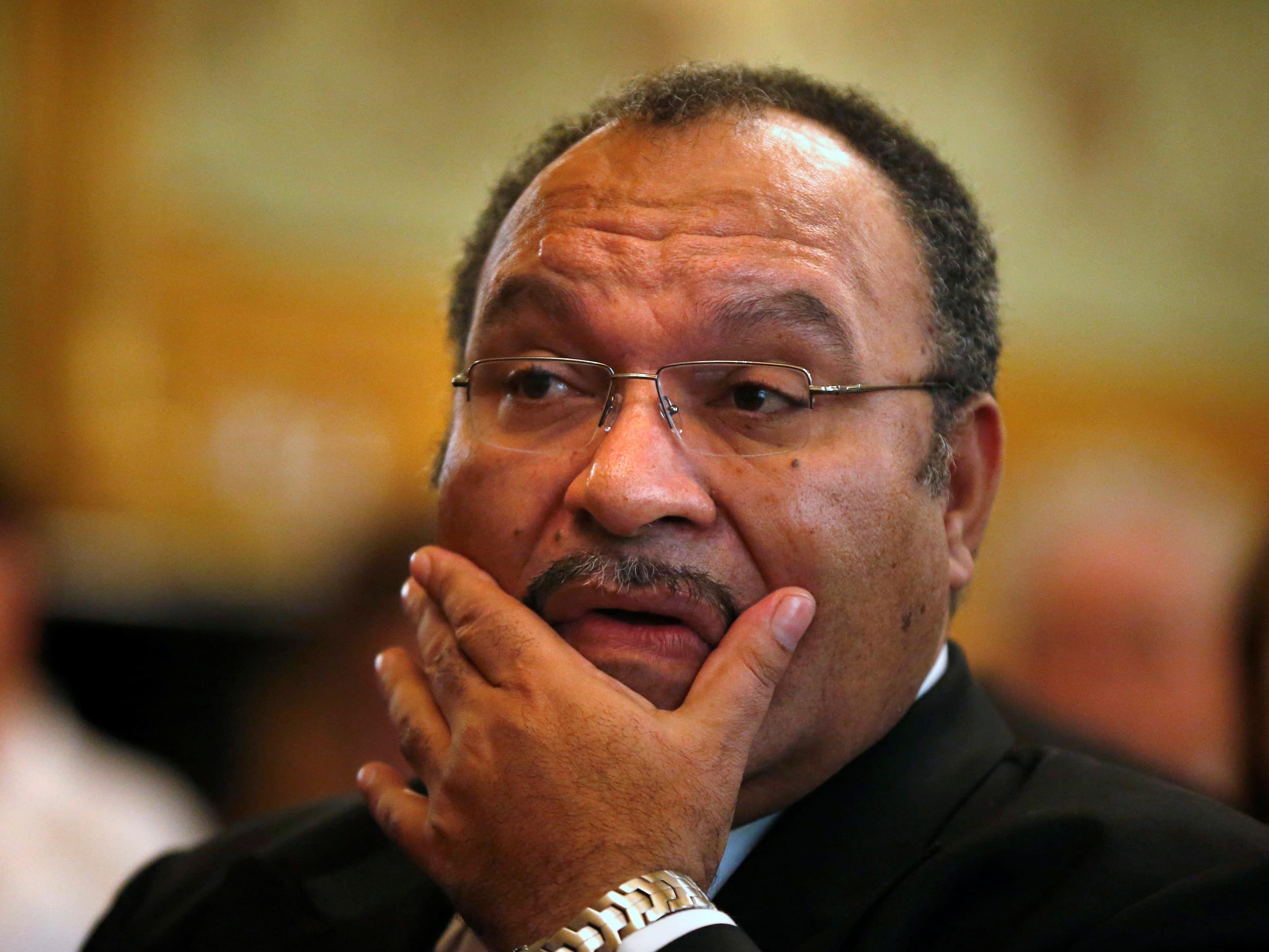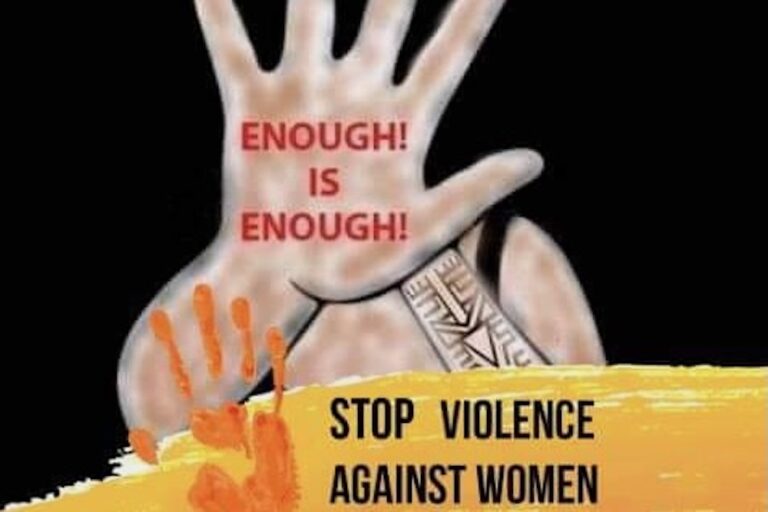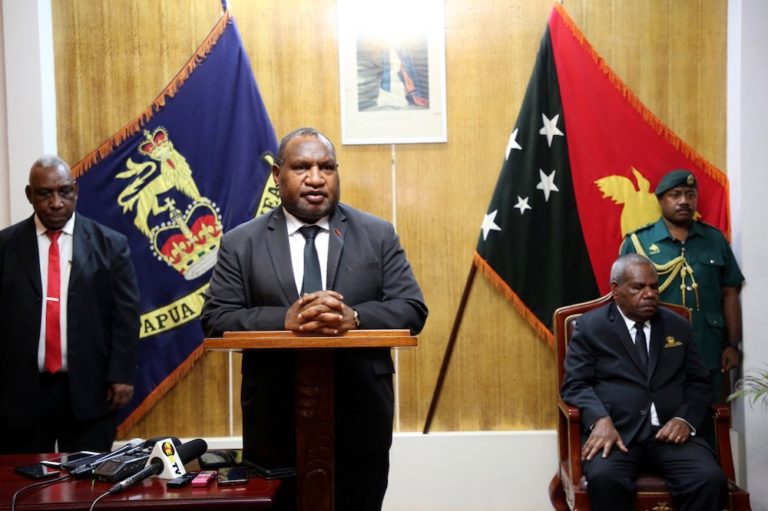Government threats in Papua New Guinea to sue an opposition politician and a TV station over corruption claims risk a chilling effect on freedoms of speech, warns the Pacific Freedom Forum.
Government threats in Papua New Guinea to sue an opposition politician and a TV station over corruption claims risk a chilling effect on freedoms of speech, warns the Pacific Freedom Forum.
“Defamation action by ruling leaders should be considered a very last resort option, if at all,” says PFF Chair, Titi Gabi, based in Port Moresby.
“Especially when, as in most cases, the government of the day uses public funds to pursue legal action against opponents and news media.”
Controversy erupted this week over claims by the opposition that plans to disband a state owned fuel exporter in favour of a public trust headed by the prime minister amounted to a potentially corrupt conflict of interest.
News of the claim was broadcast by EMTV, a private station, from footage of a press conference involving opposition leader Belden Namah.
His claims were reportedly not balanced with views from government.
EMTV is said to have pulled the story from the opposition leader and replaced it with an apology to the prime minister after a protest.
PFF co-Chair Monica Miller said governments are fully within their rights to raise concerns about news stories, and lodge protests with media organisations.
“Certainly government can rightfully be concerned at a perceived lack of balance in a report.”
“News media need to remind themselves constantly of the need for fairness and balance in all their reports, wherever possible.”
“But, however one-sided, raising concerns about changes to publicly owned assets should not be a trigger for defamation action.”
“Such action risks a chilling effect on freedoms of speech.”
Following announcement of the defamation action by Prime Minister Peter O’Neill, Namah further alleged that government had threatened to withdraw the EMTV broadcasting license.
There was no immediate confirmation from EMTV of any such threat. Neither the apology nor the original story appear on the station website, or appear in online search cache.
O’Neill told a press conference that the EMTV license allegation did not happen at all, saying that TV licenses could only be withdrawn by the country’s broadcasting authority .
“We welcome a statement from the government of Papua New Guinea denying a threat against a private television station and call on the O’Neill administration to display a similar hands-off approach to public debate”, said Miller.



